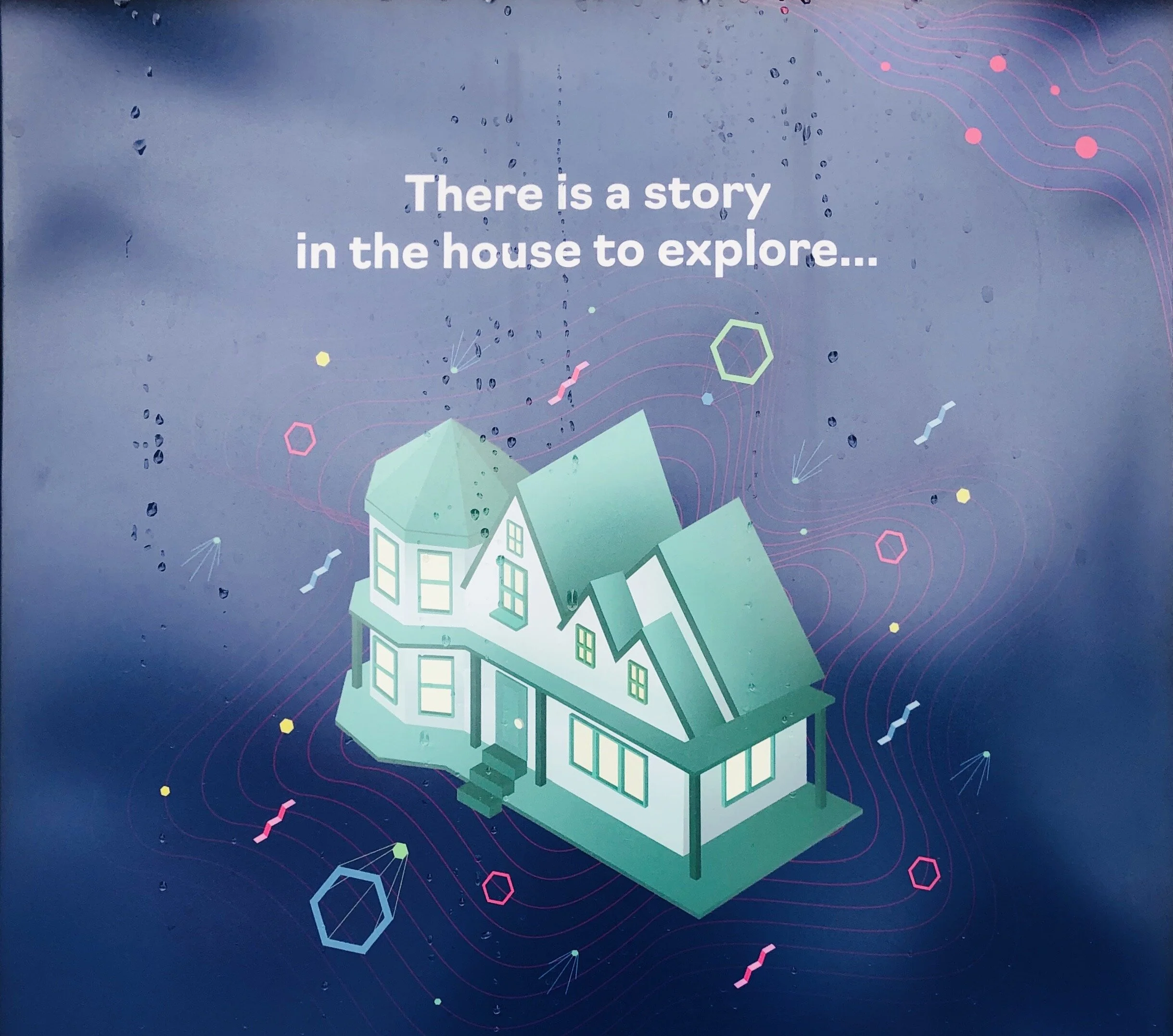Thinking About It. Writing, That Is.
by Duncan Putney
OK, so you are feeling guilty that you are not sitting all alone in a room with your pad of paper, or your typewriter, or your laptop, and cranking out some monumental predetermined word count. We’ve read that’s how writers are supposed to write. I was told this and I used to beat myself up because I was not a machine that could be started by flipping a little switch in my brain that in turn, caused a cascade of brilliant perfect pages to start rolling off my fingertips, passing through my computer keyboard and onto the page, ready for publication. At times, life can get in the way of laying fingers on your keyboard, either in terms of the physical place you find yourself, or the emotional place your head is at. I noticed that some days I do a lot of thinking about what I’m writing when I’m not performing the physical act of writing at all. I used to feel guilty for contemplating story and not filling up pages with words. After all, writers write right? Well, after some years of self-examination and careful thought, I’ve changed my understanding of what the creative act of writing is.
Ask yourself the question: are you writing if you’re not sitting and typing words on a keyboard, but when your brain is just thinking about writing? Words just don’t’ magically appear on the page, right? Those words are formed in your brain first; they’re a product of thought, aren’t they? So, the answer to my question is a qualified YES and I will endeavor to explain. If you are just thinking about the concept of writing then you are not writing. If you are only thinking about how cool it is to be a writer and sit in coffee shops, then you are not writing. If you are thinking about how you should be writing and that you’re not, then you are not writing. If are you are sitting alone in your special writing place and just staring at a blank page and thinking that “all work and no play makes Jack a dull boy,” then unless you are Stephen King, you are also not writing.
However, if you are out in the world and you are actively thinking about your plot, your structure, your characters and your dialogue, if you are playing with them, auditioning new ideas in your mind, contemplating the endless variations and what ifs, then YES, you are definitely writing. If you are trial fitting the puzzle pieces of your story together in your mind and building a virtual model that you can walk around and view from any angle to see how everything effects everything else, you are writing. In short, writing without thought is not writing. Writing without observation is not writing. Writing without imagination is not writing. Having a wonderfully decorated writing space is only great when it’s working for you. So, don’t feel obligated to lock yourself into a predetermined writing space and chain yourself to a chair if that is not working for you. Exercise your brain, get some fresh air and observe the world, experience that world both good and bad, get a cup of coffee and people watch to create a catalogue of characters.
Wherever you go, you are already taking the most important writing instrument with you, and it’s not your laptop. It is your ability to think. That’s right, I said it. “You’re a tool.” Just make sure you carry your little notebook with you so you can write down those brilliant thoughts once they have coalesced in your imagination. Don’t get me wrong. I have days when I sit at my computer and crank out the pages, but that is after my brain gave those ideas a lot of thought, making sense of the chaos, and then the story flows out of my fingertips to the keyboard. Now, no two writers have the same creative process: What works for one does not work for all. So, don’t beat yourself up because your writing brain’s not a faucet that can be turned on and off on demand. That’s a waste of time. If you’ve got a case of writers block, step away from the blank page, get outside and let your imagination just play with your ideas in your head before you go back to put it down on paper. Writing is thinking. Putting words on paper is the very necessary objectification of that subjective thought.





